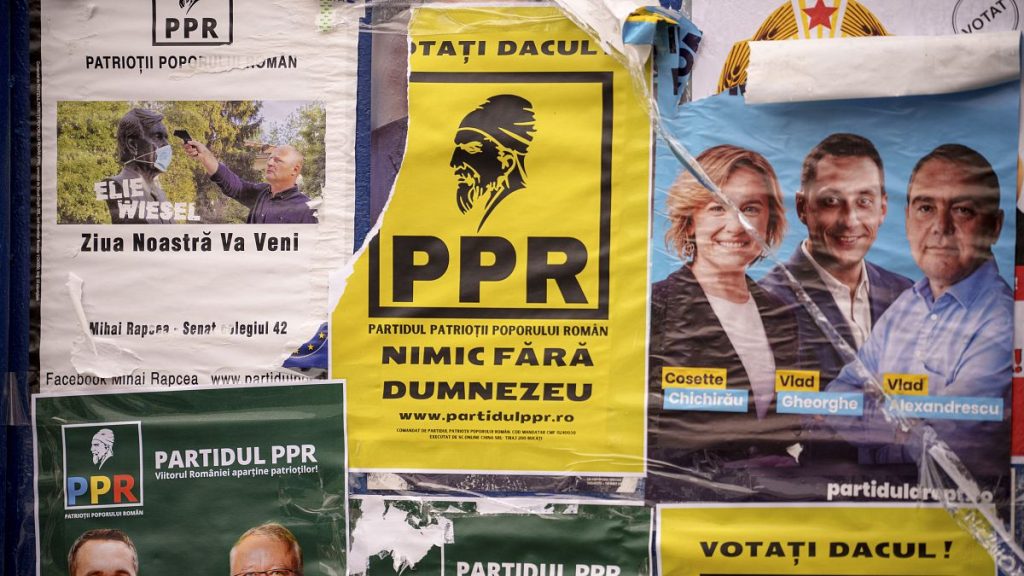The recent parliamentary election in Romania took place amid extraordinary political turbulence, following a highly contentious first round of the presidential race, where the relatively obscure populist candidate Călin Georgescu captured 23% of the vote. This election is significant as it will not only establish a new government and prime minister but also shape the composition of the 466-seat legislature. Voting processes commenced a day earlier for Romanians living abroad, and by early afternoon on election day, approximately 4.2 million registered voters, constituting about 23% of the electorate, had participated. These events are set against a backdrop of unrest and allegations of election misconduct and Russian interference, creating a charged political atmosphere.
The first round of the presidential elections has heightened tensions within Romania, particularly due to Georgescu’s unexpected ascendancy, which appeared to resonate with voters disillusioned by traditional political parties amid economic challenges such as high inflation and rising living costs. Georgescu’s rise has been attributed partially to his maneuvering on social media platforms like TikTok, where his engagement soared leading up to the election, prompting criticism regarding potential electoral favoritism. Protests erupted across the nation against his candidacy, fueled by his previous comments that many interpret as admiration for fascist leaders and Russian President Vladimir Putin, raising concerns among citizens regarding the implications for Romania’s democratic values.
Political analysts suggest that Georgescu’s success could signify a formidable shift towards far-right populism in Romania, as discontent with mainstream parties mounts. Young voters, such as medical student Alexandru Rizescu, express a sentiment of frustration with established political entities, feeling compelled to support a leader who reflects their desire for change, even at the risk of instability. This evolving political landscape signals not just a shift in party loyalties but also a broader questioning of the current governance and its efficacy in addressing socioeconomic issues affecting the populace.
Concerns regarding electoral integrity have influenced the unfolding situation, leading to a Constitutional Court intervention for a recount of the votes after a candidate filed a complaint about legislative irregularities. The Central Election Bureau acknowledged the request while assuring that results would be validated by the end of the weekend. Concurrently, the European Commission has sought transparency from social media platforms about their role in shaping political discourse and candidate visibility, largely focusing on the implications these technologies may have on electoral outcomes and democratic processes.
As the parliamentary elections transpired, prominent political figures underscored the choice facing voters between stability and chaos, a theme echoed by incumbent Prime Minister Marcel Ciolacu. His statements highlight the significance of the electoral process in determining Romania’s future trajectory, particularly in relation to European and NATO affiliations. Amidst this, Georgescu positioned himself as a candidate for peace and political accountability, appealing to nationalism and an inclusive vision of governance. However, the presidential role’s critical influence on national security and foreign affairs suggests that the forthcoming government will navigate complex domestic and international waters.
The anticipated results from the parliamentary vote reveal a potential realignment in Romanian politics, with the likelihood of far-right parties achieving unprecedented support. Analysts predict a challenging parliamentary landscape, with historic alliances strained and potential coalitions under pressure. While mainstream parties such as the Social Democratic Party and the National Liberal Party remain influential, emerging rivals and minor parties may disrupt conventional expectations. Voter skepticism and an informed electorate signal an evolving understanding of political engagement in Romania’s democratic practices, leaving many hopeful for a favorable outcome that upholds democratic principles amid turbulent times.

